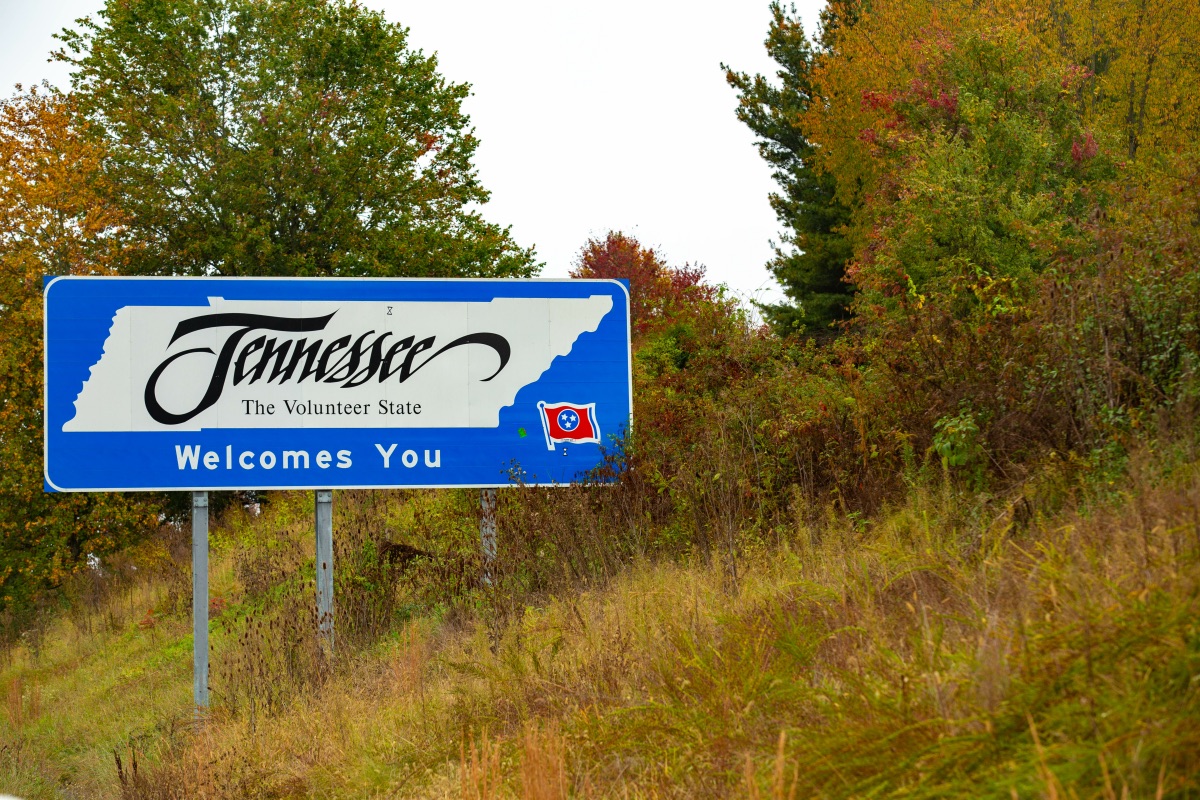Tennessee Sports Betting Tax Reform Bill Put On Hold Until Budget Passes
Posted on: March 22, 2023, 11:04h.
Last updated on: March 23, 2023, 10:43h.
If Tennessee lawmakers end up taking action on revising the state’s sports betting tax, they will do so toward the end of this year’s session.

On Wednesday, the state House Finance, Ways, and Means Subcommittee moved House Bill 1362 behind the budget. That means the bill sponsored by state Rep. Andrew Farmer (R-Sevierville) has a fiscal impact tied to it that won’t be included in this year’s budget bill. As a result, the Tennessee General Assembly will wait to consider it until it passes the budget.
Last year, lawmakers passed the budget on April 21. In 2021, that happened on April 29 and April 30, 2019. If that trend continues this year, the legislature will have a few days to consider the sports betting tax before the session adjourns on May 4.
What may help is that the Senate also has a bill to revise the sports betting tax. That bill is scheduled for a hearing in that chamber’s Finance, Ways, and Means Committee next Wednesday.
Moving Away from 20% Revenue Tax
Both bills do away with the 20% tax on adjusted gross revenues that has been in place since sports betting was legalized in 2019. The first operators went online in November 2020.
In place of that levy, lawmakers want to tax the handle, the amount wagered every month. The Senate calls for a 2% tax, while the House bill proposes a 1.85% tax. Both would allow the operators to deduct the .25% federal excise tax they pay from their monthly handle before the state assesses its tax.
The House bill would also revise the renewal fees operators pay annually. Instead of everyone paying $750K yearly, the fee would be based on individual handles, but the thresholds and fees may change.
The bill states that operators who take over $500 million in wagers would continue paying the $750K fee. Sportsbooks accepting less than $100 million would pay only $250K, and everyone between those thresholds would pay a $500K renewal fee.
A fiscal note filed Wednesday sets the threshold at $100 million in gross wagers over the previous 12-month period. Those at or above that mark would still pay $750K, but those under it would see their fee cut to $375K. The note also calls on the Sports Wagering Council (the bill also changes the name from the current Sports Wagering Advisory Council) to establish rules by July 1, 2025, that would establish license fees that would cover the council’s expenses incurred to regulate sports betting in the state.
Mandatory Hold Would Go Away
A major driver for the tax reform was operators not meeting the 10% hold rate that the Tennessee Education Lottery Corporation established when it created the rules three years ago. Both bills abolish that requirement as well.
If the operators failed to reach that 10% threshold, the state required operators to make a “true-up” payment to bring their tax contribution to what it would have been if they hit the mandated hold, or they could pay a $25K fine.
The fiscal note stated all operators that missed the 10% mandate in 2012 chose to pay the $25K fine. In 2022, all but two active operators failed to meet the required hold, and the Tennessee General Assembly’s Fiscal Review Committee is expecting those nine to pay the $25K fine this year as well.
The discussion of a handle tax comes at a time when operators in Tennessee are reporting record revenues. According to the Council, monthly revenues reported by operators since September have ranged from $47 million in December to $31.8 million last month. The six-month span beginning in September has generated the six highest revenue marks since sports betting launched.
Before this current run, the high-water mark was $29.6 million in November 2021.
Put another way, during the first 22 months of reports, the state recorded operator revenues totaling $395.2 million or an average of $18 million per month. Over the last six months, operators have won $238.7 million, an average of $39.8 million monthly.
While the last six months cover the NFL and college football seasons, that’s still a substantial increase. The period from September 2021 to February 2022 produced an average monthly revenue of $20.7 million.
Related News Articles
California Sports Betting: Poll Finds 54 Percent Reject Prop 27 Online Measure
Minnesota Survey Shows Nearly Half of Likely Voters Support Legal Sports Betting
Kentucky Lawmaker Says He’s Working on a New Sports Betting Bill
Most Popular
FTC: Casino Resort Fees Must Be Included in Upfront Hotel Rates
Genovese Capo Sentenced for Illegal Gambling on Long Island
NBA Referees Expose Sports Betting Abuse Following Steve Kerr Meltdown
UPDATE: Former Resorts World & MGM Grand Prez Loses Gaming License
Most Commented
-
UPDATE: Whiskey Pete’s Casino Near Las Vegas Closes
— December 20, 2024 — 32 Comments -
Caesars Virginia in Danville Now Accepting Hotel Room Reservations
— November 27, 2024 — 9 Comments -
UPDATE: Former Resorts World & MGM Grand Prez Loses Gaming License
— December 19, 2024 — 8 Comments -
FTC: Casino Resort Fees Must Be Included in Upfront Hotel Rates
— December 17, 2024 — 7 Comments
















No comments yet